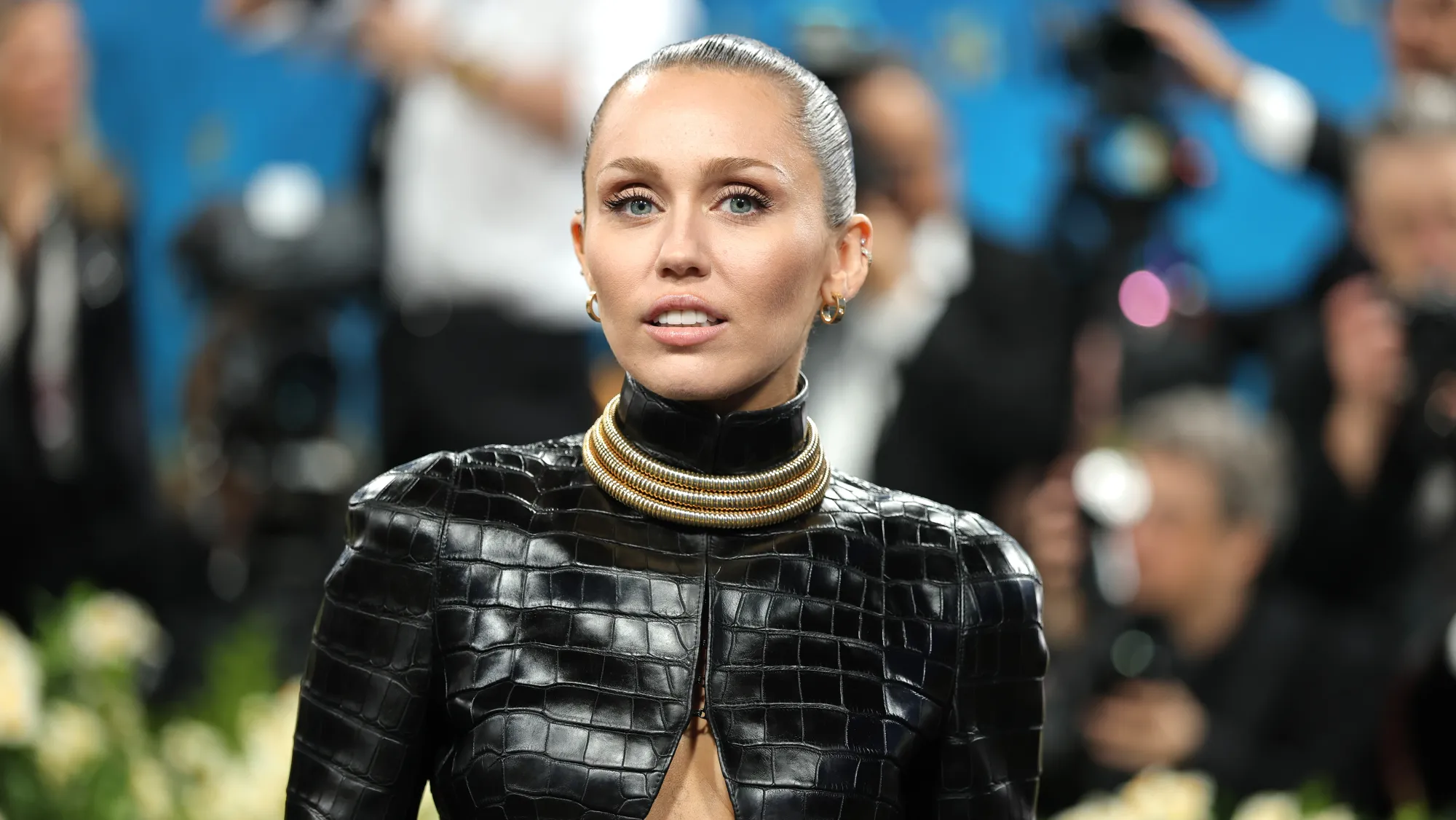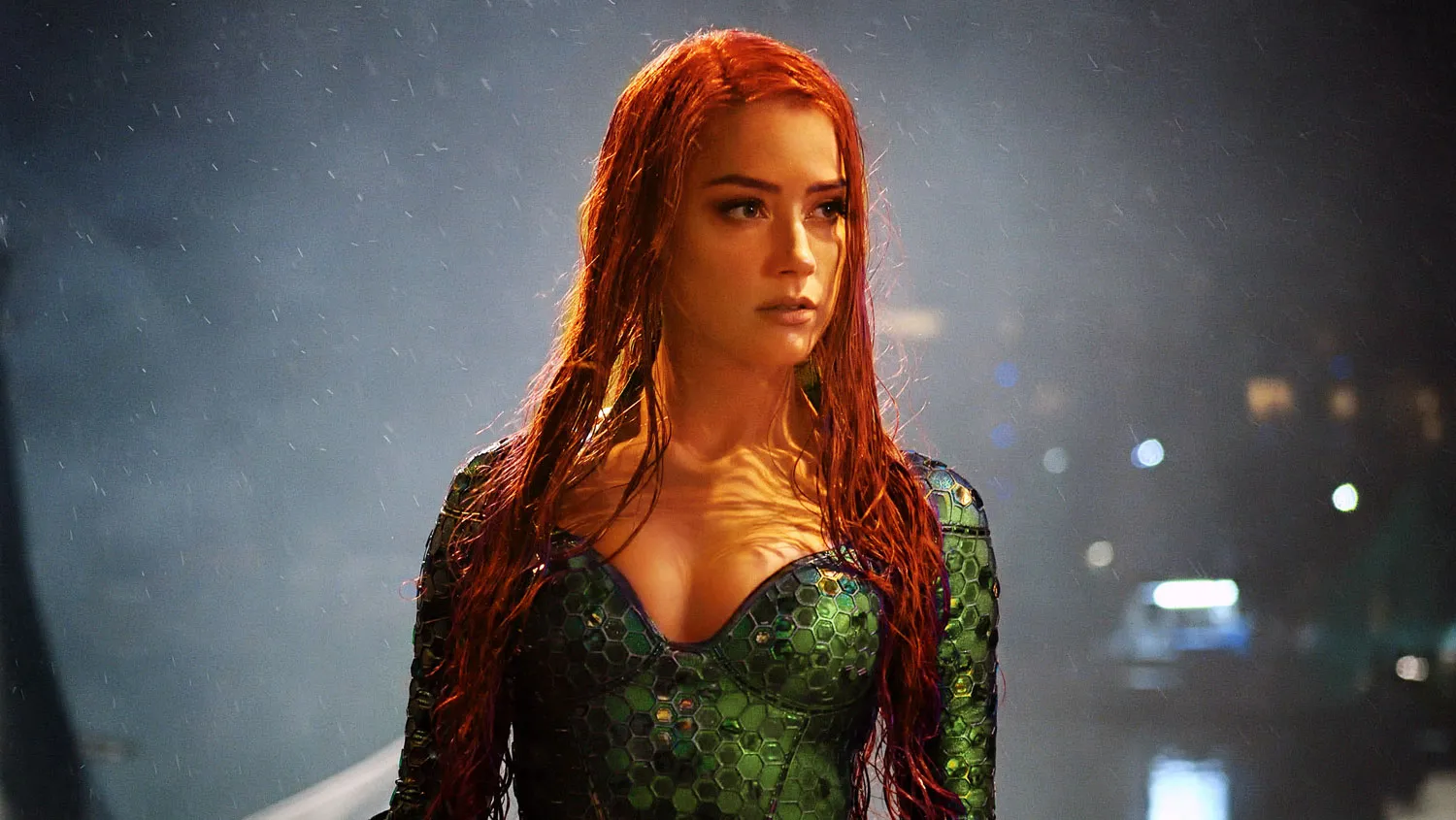In 2014, the entertainment industry witnessed one of the most shocking online privacy scandals of the decade—commonly referred to as The Fappening. This massive hack exposed private photographs of numerous celebrities, sparking global conversations about digital security, ethics in media, and the treatment of public figures. Among the many names tied to headlines surrounding the scandal was pop star and actress Miley Cyrus, a figure who has long been at the center of discussions about fame, identity, and public perception.
What Was The Fappening?
The Fappening was a large-scale hack that targeted cloud storage accounts of well-known actresses, musicians, and models. Hackers gained unauthorized access to private, personal images, many of which were intimate in nature. These were then circulated across forums and websites, creating a frenzy of online sharing. While some people dismissed the incident as a form of celebrity gossip, in reality, it was a clear violation of privacy and a criminal act.
The scandal revealed just how vulnerable even high-profile individuals could be in the digital age. It also forced the public to reflect on how internet culture can sometimes encourage the exploitation of personal moments for entertainment.
Miley Cyrus’s Involvement
Miley Cyrus, already a household name by 2014, was frequently mentioned in connection with the event. Known for pushing artistic and social boundaries, she was no stranger to controversy, but The Fappening placed her in a situation beyond her control. Regardless of her outspoken personality and bold image choices, being linked to such a leak highlighted an important truth: no celebrity, regardless of their public persona, should have their private life stolen and displayed without consent.
Cyrus’s experience served as a reminder that the images and stories surrounding The Fappening were not part of her carefully crafted public narrative, but rather the result of criminal intrusion.
Media Ethics and Public Reactions
The Fappening raised uncomfortable questions about how the media and the public engage with celebrity culture. Some outlets rushed to cover the scandal in sensationalist terms, while others focused on the deeper ethical and legal issues. Celebrities like Jennifer Lawrence publicly condemned the leaks, calling them a “sexual violation.”
In Miley Cyrus’s case, her history of bold self-expression often blurred the lines between her personal and professional image in the eyes of the media. Yet this incident underscored that even outspoken, provocative artists deserve the same respect and privacy as anyone else.
The public response was mixed. While some criticized the culture of hacking and sharing stolen images, others perpetuated victim-blaming narratives. Over time, however, discussions around The Fappening shifted toward stronger recognition of digital rights and consent.
Impact on Privacy and Security
The scandal ultimately sparked greater awareness of online security risks. Many celebrities began to take stronger precautions regarding their digital accounts, and technology companies were forced to rethink how they safeguard user data. For the broader public, it was a wake-up call about cloud storage vulnerabilities and the permanent consequences of data leaks.
Miley Cyrus’s Resilience and Career
Despite being caught up in The Fappening headlines, Miley Cyrus continued to evolve as an artist and performer. From her early days as Disney’s “Hannah Montana” to her reinvention as a boundary-pushing pop star, she has consistently demonstrated resilience in the face of scrutiny.
Her later work—such as the critically acclaimed album Plastic Hearts (2020)—proved that she could rise above controversies and focus attention back on her music and artistry. By reclaiming her narrative, Cyrus showed that while scandals may temporarily dominate the headlines, long-term talent and authenticity carry more weight.
Conclusion
The Fappening remains one of the starkest reminders of how technology, celebrity culture, and privacy can collide in damaging ways. For Miley Cyrus, it represented a moment when her private life was exploited by forces beyond her control. Yet, through resilience and a continued focus on her art, she has maintained her place as a cultural icon.
Ultimately, the incident serves as a lesson not just for celebrities but for society as a whole: privacy must be respected, consent matters, and the digital world requires greater responsibility from both users and platforms.





